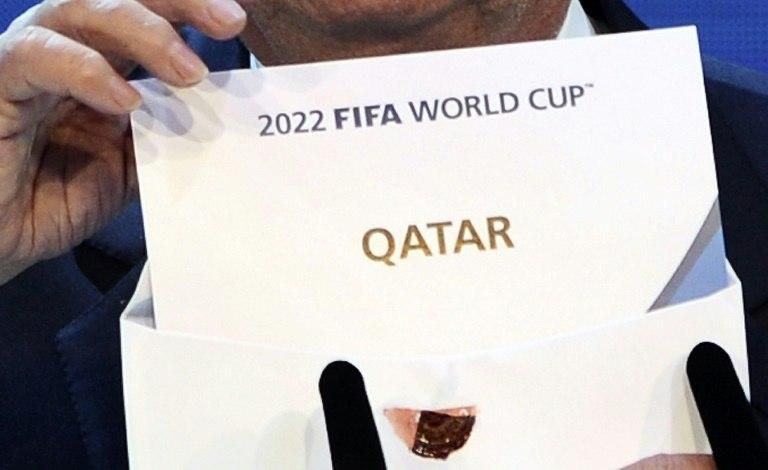Saudi Arabia has officially been named the host of the 2034 FIFA World Cup, making it the second Middle Eastern country to stage the prestigious tournament, following Qatar’s successful hosting of the 2022 edition.
The announcement was confirmed during an online meeting involving over 200 FIFA member federations, chaired by FIFA President Gianni Infantino in Zurich, Switzerland. The meeting also finalized the hosts for the 2030 World Cup, which will be co-hosted by Spain, Portugal, and Morocco, alongside three centenary hosts—Argentina, Paraguay, and Uruguay—marking the tournament’s 100th anniversary.
Uruguay, the inaugural World Cup host and winner in 1930, will symbolize this historic milestone.
The 2034 World Cup will make history as the first 48-team tournament hosted by a single country. Saudi Arabia plans to stage matches across 15 state-of-the-art stadiums in five cities: Riyadh, Jeddah, Khobar, Abha, and the futuristic city of Neom.
The King Salman Stadium in Riyadh, with a proposed capacity of 92,000, is set to host both the opening and final matches, pending its completion.
With a track record of hosting major international events such as the Formula One Grand Prix, heavyweight boxing matches, and the LIV golf circuit, Saudi Arabia has demonstrated its capability to deliver on the global stage.
Challenges and controversies

However, Saudi Arabia's successful bid has not been without criticism. The Kingdom’s human rights record has come under scrutiny, echoing concerns raised during Qatar’s hosting of the 2022 World Cup. Additionally, the extreme heat in the region has sparked questions about the tournament's scheduling. Qatar’s winter World Cup disrupted domestic football calendars, and similar challenges may arise for
)
)
)
)
)
)
)
)
)
)
)
)
)
)
)
)
)
)